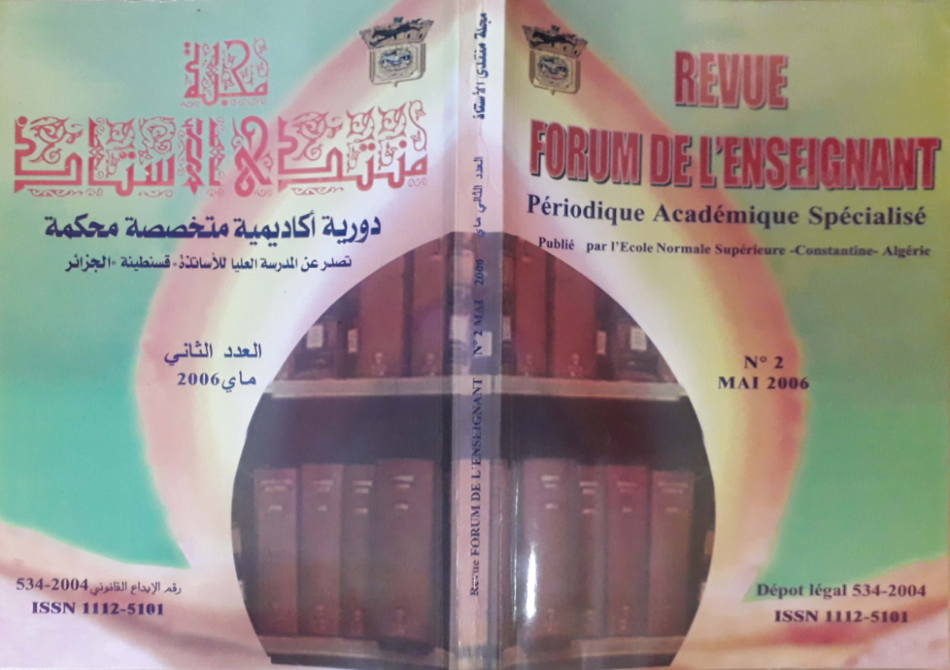Nietzsche's philosophy of language
Abstract
For Nietzsche, language is nothing but a simplification of reality, because the quality of thinking, which takes its origin from images, is not organized to realize destiny, and therefore everything we call “truth,” morals, knowledge, science, etc., is nothing but abbreviation, metaphor, and Trying to reach “in oneself” things.
Where did this stem from? One of the misconceptions of philosophers, since Socrates, about the body is that physiology shows us that consciousness is nothing but a “means” in its service, and that our “truth” is nothing but a coded language of emotions and passions, which, for its part, is a coded language of organic functions.
But what must we do to know whether our language fully agrees with reality or does not agree with it?
According to Nietzsche, if we approach the “products” of language from the perspective of the artist and art from the perspective of life, then we are able to live what we think and express in our language and in it, just as the Greeks were before Socrates.





